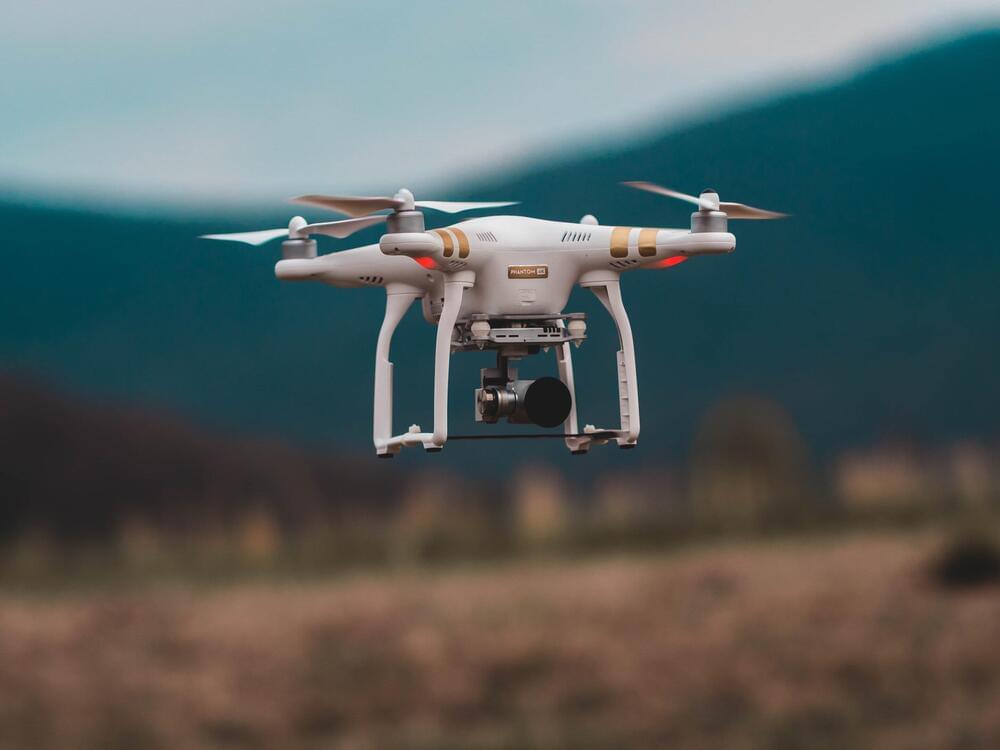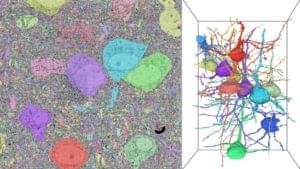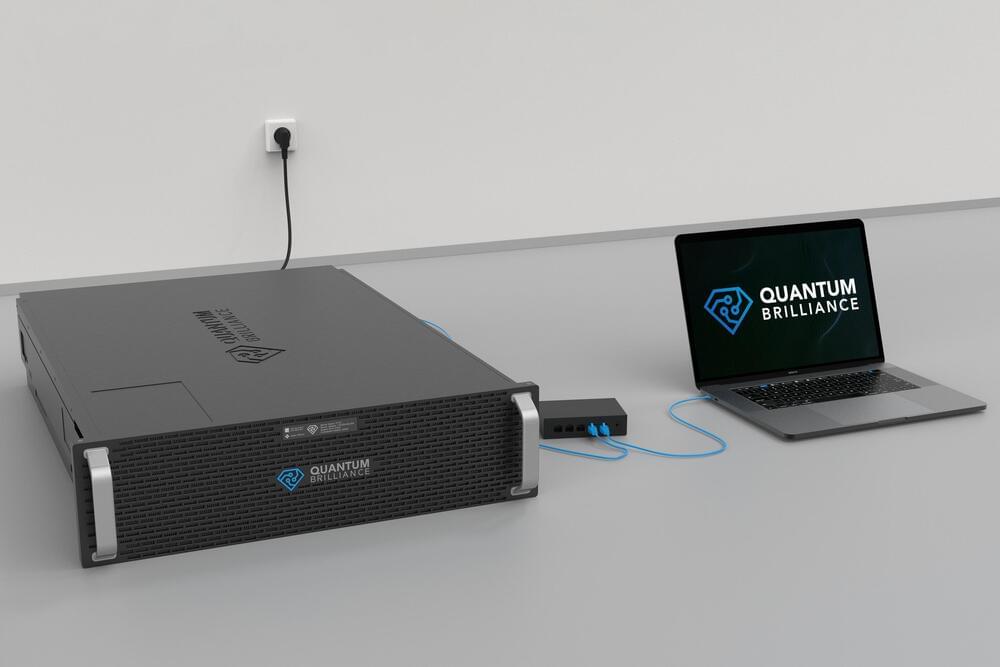Oct 6, 2021
Catalysts found to convert carbon dioxide to fuel
Posted by Genevieve Klien in categories: particle physics, supercomputing, sustainability
The goal of tackling global warming by turning carbon dioxide into fuel could be one step closer with researchers using a supercomputer to identify a group of “single-atom” catalysts that could play a key role.
Researchers from QUT’s Centre for Materials Science, led by Associate Professor Liangzhi Kou, were part of an international study that used theoretical modelling to identify six metals (nickel, niobium, palladium, rhenium, rhodium, zirconium) that were found to be effective in a reaction that can convert carbon dioxide into sustainable and clean energy sources.
The study published in Nature Communications involved QUT researchers Professor Aijun Du, Professor Yuantong Gu and Dr. Lin Ju.

















